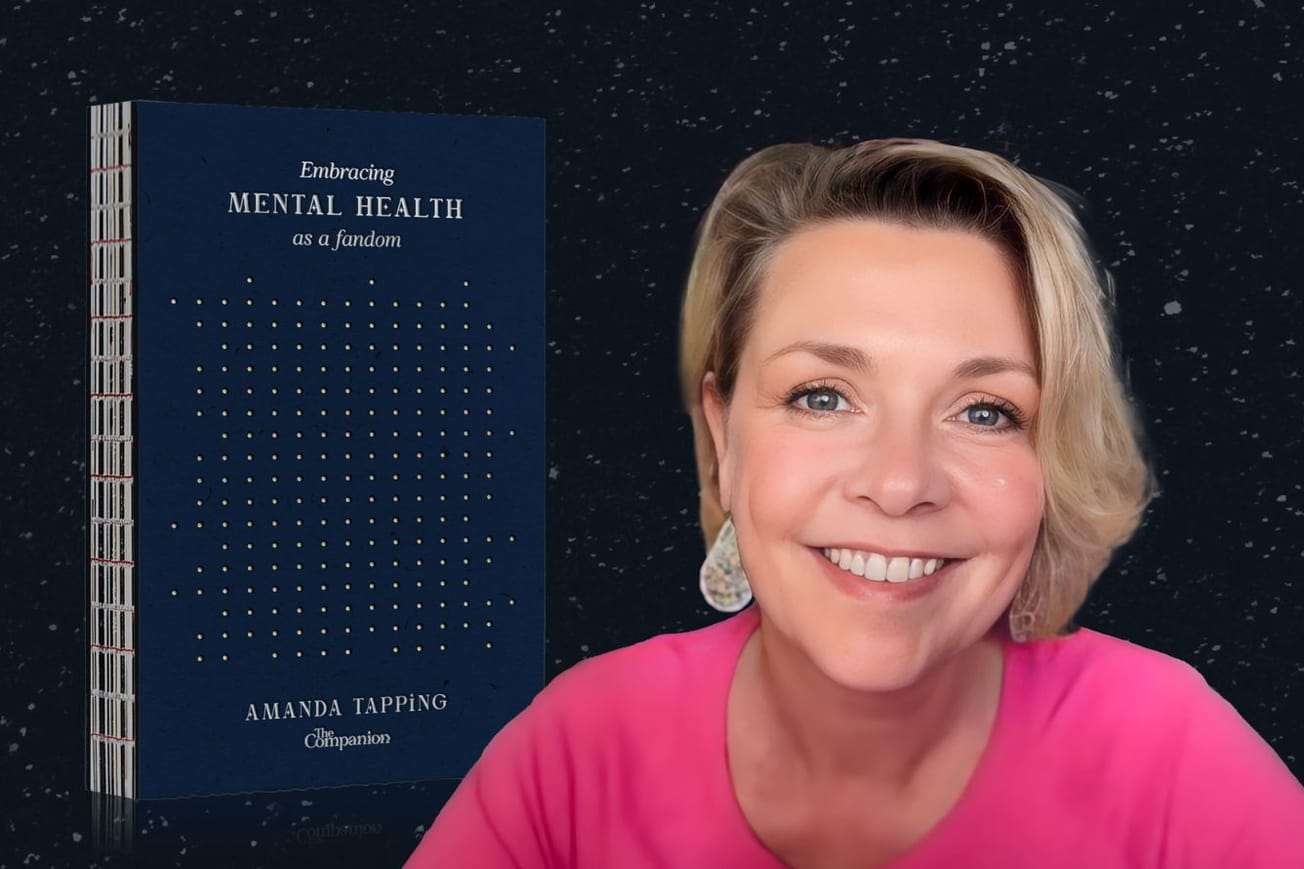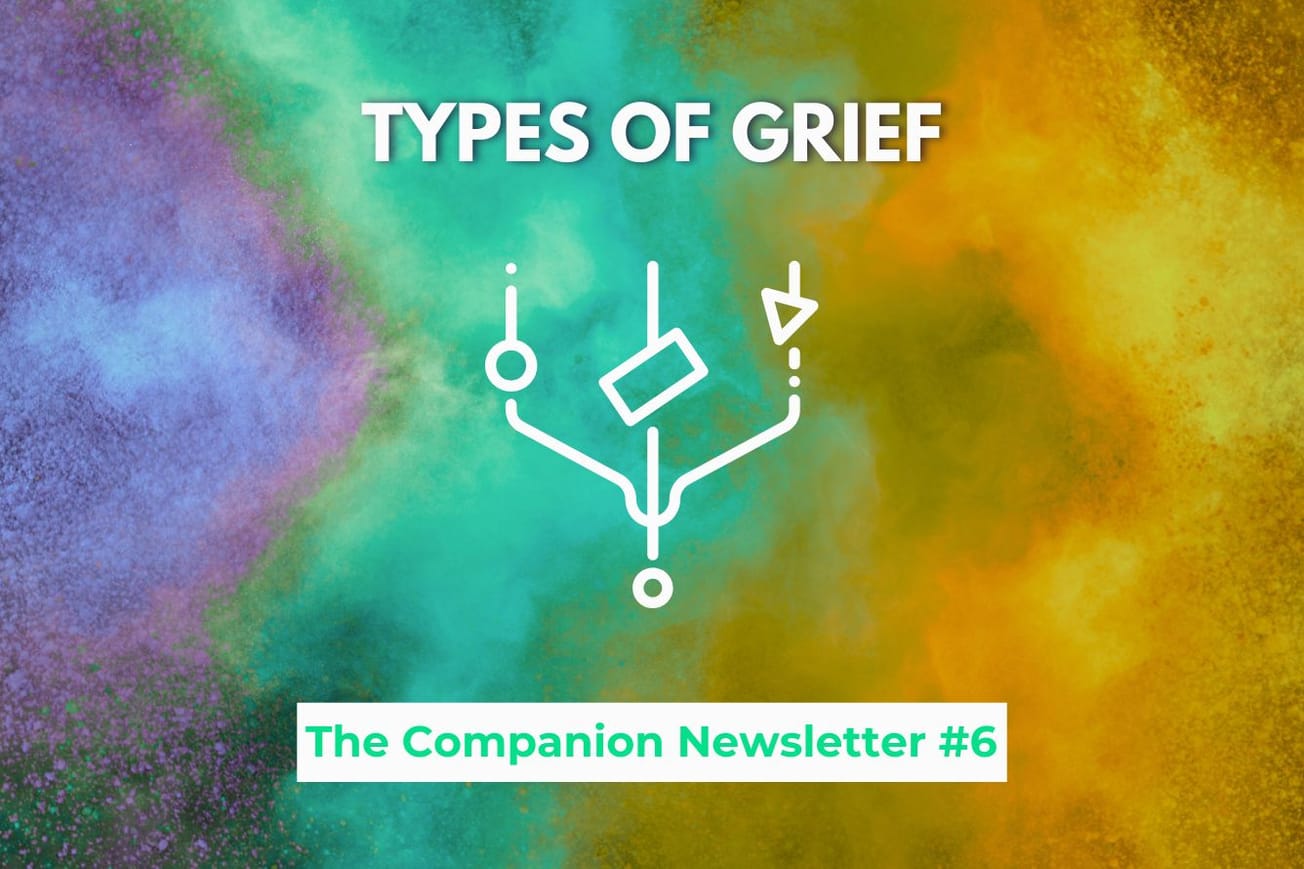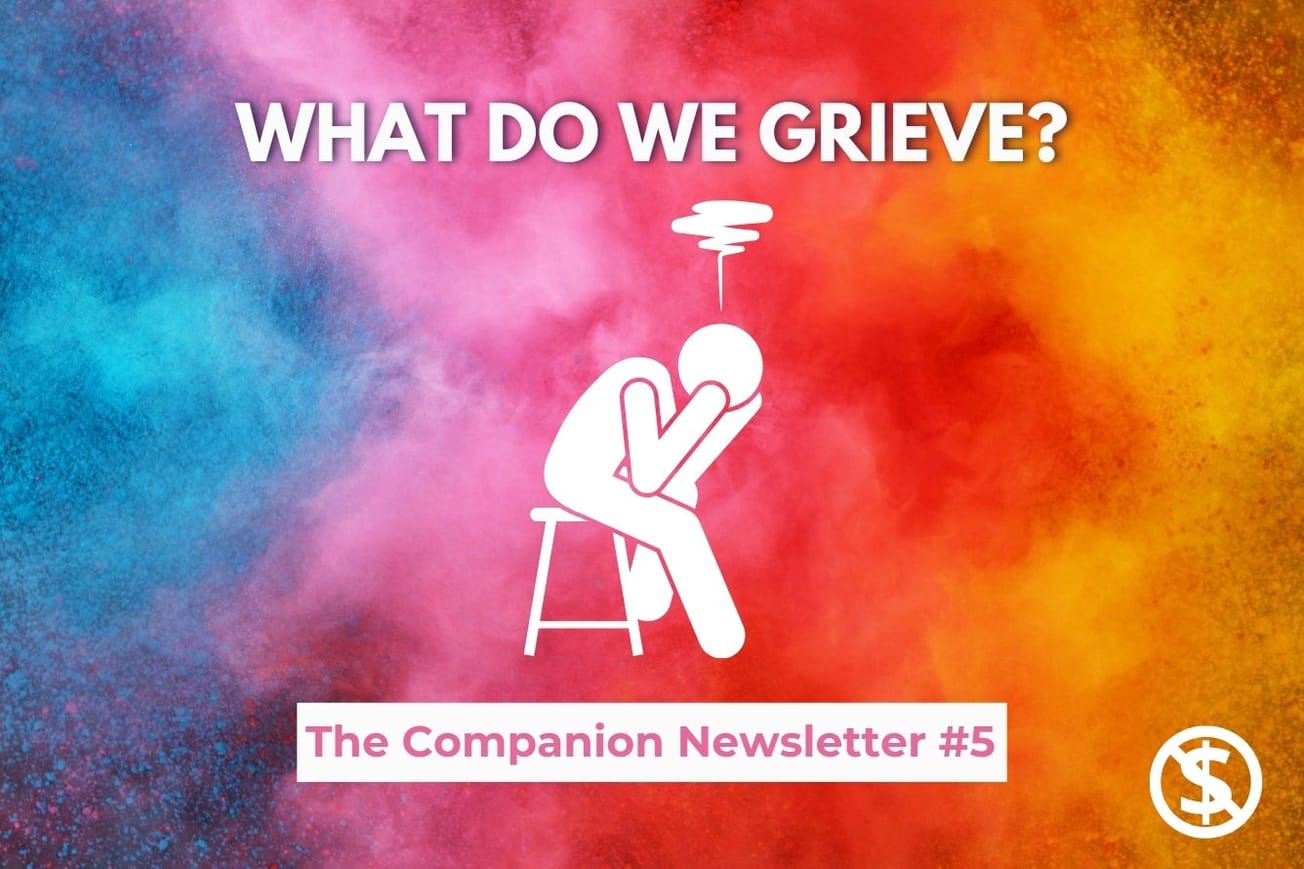Laurence Moroney is a man for whom the stars – if you’ll forgive the pun – seem to perpetually align. Luckily for us, he uses that power in the service of Stargate fandom and advancing the appreciation of artificial intelligence rather than scratch cards.
As A.I. Advocacy Lead at Google, his technical expertise birthed 2021’s Stargate A.I. – an innovative world-first table-read by the Stargate cast of a new script written by artificial intelligence – but the web of happenstance that set things in motion has been decades in the making.
“When Stargate Universe first launched,” he explains taking us back to 2009. “I was working at Microsoft and we had this technology called Photosynth, where you could take photos of a scene and then stitch them together into a 3D model. MGM and Microsoft were partners, and they’d brought in some folks from Microsoft to say, ‘Hey, we got this new show. They’ve built these expensive sets up in Vancouver. We’re looking for some innovative way to digitally market the show’.
“A few folks were scratching their heads not really sure. They wheeled me in, and I said, ‘Wait a minute, Stargate!’”
Rather than a corporate shotgun wedding, the end result was a 3D virtual tour of Destiny, the epic and enigmatic spaceship at the heart of SGU. Rooted in his appreciation of the fans and their values, the project successfully whetted appetites for the show and earned Laurence a page on the Stargate wiki. Although Stargate Universe came to a premature conclusion after only two seasons, leaving audiences without Stargate for the first time in 14 years, it’s in the times of franchise famine that fandoms thrive – just look to Doctor Who in the 1990s.
“It kind of got me a little bit involved in the whole Stargate ecosystem,” he recalls. “I was a writer on the now-canceled comic book that never actually saw the light of day. For Stargate Universe, I wrote the prequel comic books, a series called Icarus. But for various reasons, the publisher canceled it.” Redditors still trade his totally unofficial scripts for SGU Season 3, IMDb holds credit for his consultation on a 20-minute fan film, Stargate Universe: Distant Hope, and has a couple of original SF novels sitting on his Amazon Author Page alongside AI and Machine Learning for On-Device Development. It’s a strange sort of legacy for Microsoft Photosynth.
Laurence Moroney’s Road to Google
In the meantime, Laurence had joined Google’s A.I. team. It was another odd coincidence, as his history with the field began as far back as 1991 when he graduated with a physics degree “right into the worst economy the UK had had since World War II. In a terrible economy, being a physicist with an Irish accent was not a good thing. So I was unemployed for a while. Then [Prime Minister] John Major’s government started this scheme – and it was amazing foresight – where they created a cohort of 20 people who know A.I. and maybe that’s something that could be useful to industry.”
This was the death rattle of the ‘Alvey program’, launched in 1983 as a response to Japan’s rapid advances in computing and electronics. Beset with limitations – amongst other things, the working definition of artificial intelligence was in constant flux – by the time Laurence found his way into one corner of it, Britain’s tech sector was running up a deficit with the rest of the economy, and funding dried up.
“It failed within three months, but I was able to parlay that through a lot of hustle into a master’s degree. And that’s when my career began. But the vision had been there and that I was bitten by the bug.” His deeper perspective on artificial intelligence found its moment when towards the end of 2017, Google declared its ambitions to be an “A.I. first” company.
“A.I. was seen as very heavily mathematical. And I’m like, ‘I don’t want to see calculus ever again in my life’. I left school for a reason. But I realized there was a lot of power there, but we’re teaching math, so I brought it to the A.I. Leads at Google. I was like, ‘If you want to train millions of people, you’re doing it the wrong way.’ They were like, ‘Okay, you do it.’ And here I am.”

This mandate to educate Google has since become a mandate to educate the globe on the potential of artificial intelligence. At the annual Google I/O conference in 2018, the company’s CEO Sundar Pichai gave the world a glimpse of how the company’s new focus looks, from the jaw-dropping – a recording of a very human-sounding Google Assistant booking an appointment at a hair salon – to functions we already take for granted and probably don’t associate with AI. These included Gmail’s Smart Reply function, bespoke curation of Google News, and suggested edits in Google Photos, but it’s the fear of Google Assistant going full-bore “I’m afraid I can’t do that, Dave” that generated the most headlines.
“The thing that I really hope to drive,” says Laurence, “particularly in the sci-fi community, is that A.I. is not really what you think it is. It’s very, very different than what you think it is. For generations, we’ve been reading sci-fi books and A.I. is either like an evil all-conquering machine or it’s a Pinocchio. There’s so much more that can be done in between those extremes, that when you understand what AI really is, there’s a whole rich vein of potential storytelling there and storytelling that’s very much in line with the real world. That’s one of the things I would love to be able to influence in the sci-fi creator community, given that I’m a sci-fi geek myself.”










